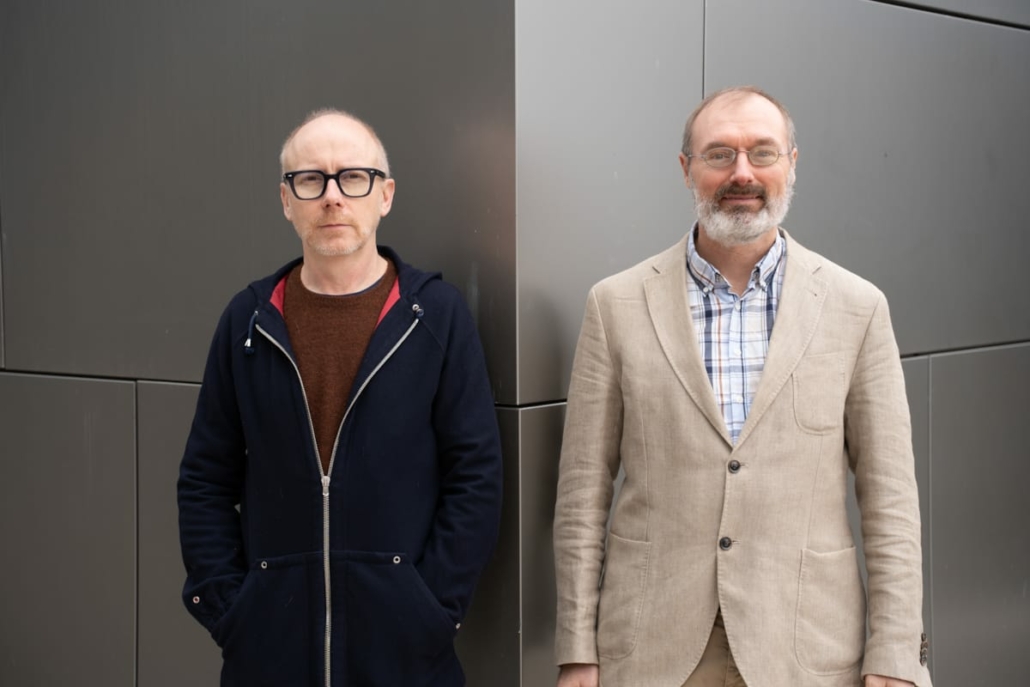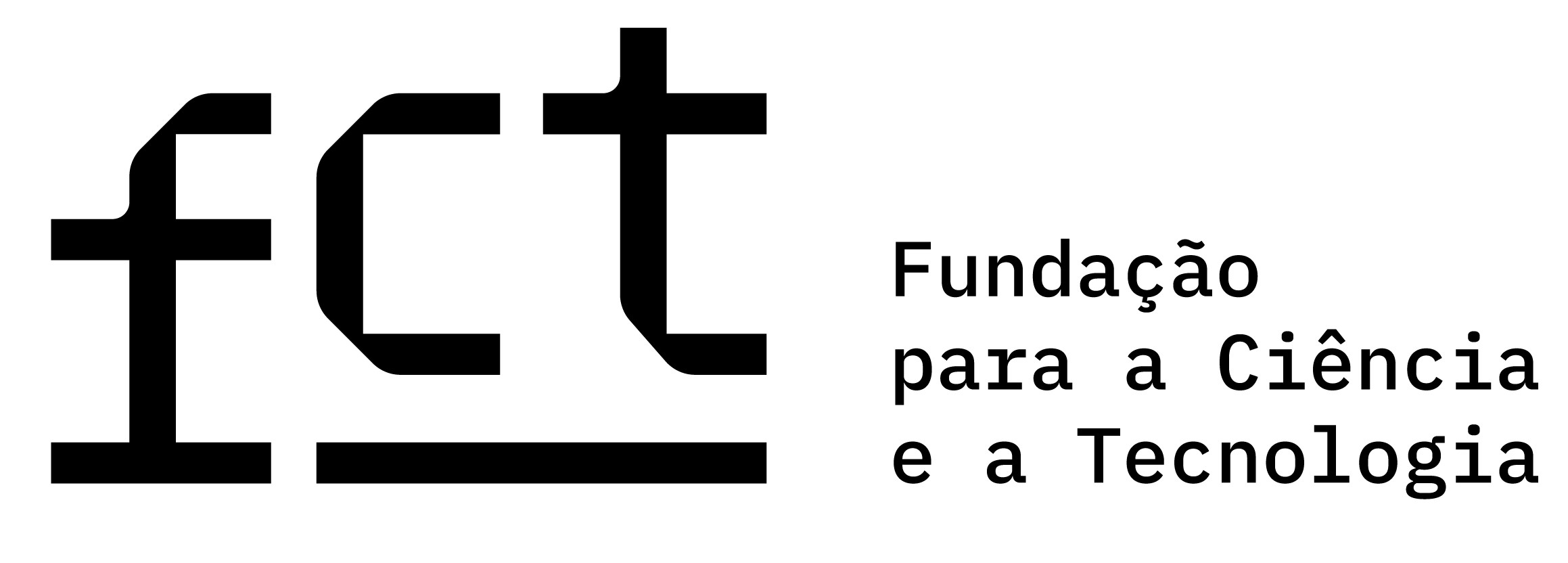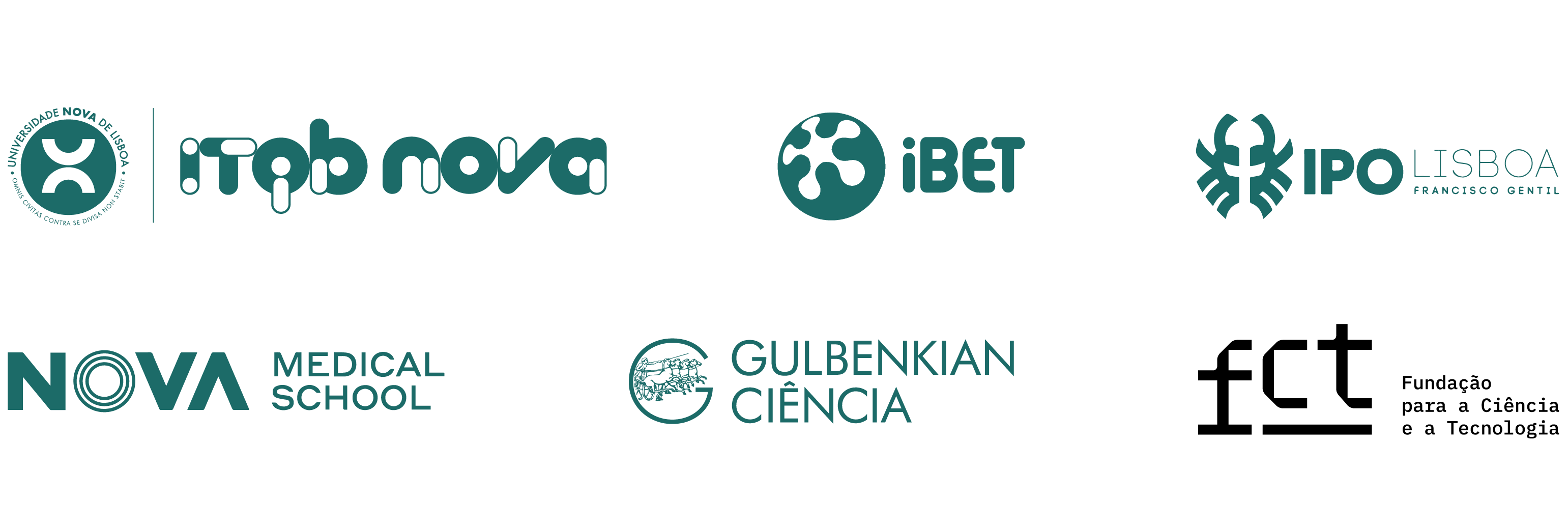LS4FUTURE Partner Institute NOVA Medical School (NMS) participates in a EU Consortium to Advance Extracellular Vesicles Research
4/12/2024
Several Labs from NOVA Medical School (NMS) have joined an ambitious 1.3€M-funded European consortium aimed at transforming biomedical research through the study of extracellular vesicles (EVs). These microscopic particles, which function as cellular messengers, are emerging as promising biomarkers and therapeutic tools for a variety of health conditions, including cancer, cardiovascular diseases, and severe ocular disorders.
The project, titled EVEREST: Elevating Extracellular Vesicles Research for Advanced Biomarkers and Therapeutics, is coordinated at NMS by Rune Matthiesen, principal investigator of the Computational and Experimental Biology group and includes additional members from 22 leading institutions in 11 countries. Its primary goal is to enhance research capabilities, foster the professional growth of participating researchers, and contribute to advancements in personalized medicine and improved health outcomes.
By investigating EVs, researchers aim to uncover critical insights into disease mechanisms, enabling significant advancements in diagnostics and therapeutics. The initiative also focuses on equipping researchers with cutting-edge tools and expertise to strengthen their contributions to this rapidly evolving field.
The EVEREST project is coordinated by the University College Dublin and funded under the Marie Skłodowska-Curie Actions (MSCA) program of Horizon Europe. Scheduled to to start in January 2025, this project positions NOVA Medical School, and LS4FUTURE, at the forefront of innovative extracellular vesicle research.
For more information, visit the NMS website and stay updated on how this project will pave the way for innovative diagnostics and therapies across health fields as part of the LS4FUTURE initiatives.





